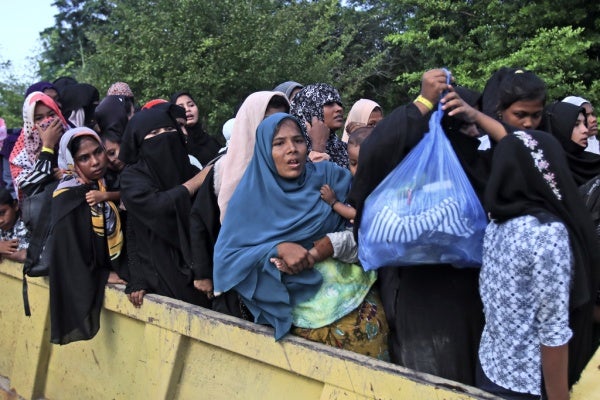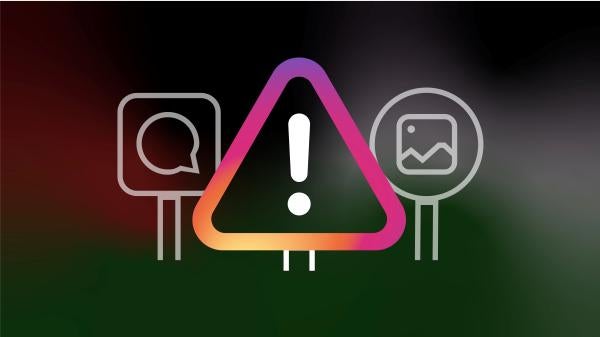Lire la version en français / Hier die deutsche Ausgabe lesen
It was an appalling orgy of hate-driven violence: screaming young men against defenseless families and children. And it’s part of a disturbing global trend.
On December 27, rampaging students smashed through police lines and stormed a makeshift refugee shelter in a parking garage in Banda Aceh, Indonesia. More than 100 rioters then set upon some 137 Rohingya refugees, mostly women and children temporarily placed there.
After verbally and physically assaulting the refugees, they forced them onto trucks, sending them to the government immigration office, where the students demanded they be deported. The video of the assault and transport is a testimony to hate.
It’s not an isolated case, either. Elsewhere in the Indonesian province of Aceh, residents have tried to prevent boats carrying Rohingya refugees from reaching the shore. They’ve also surrounded the tents of Rohingya on beaches and other temporary locations, demanding they be relocated.
The rage that drives these ugly attacks has been whipped up in coordinated online campaigns. Rabble rousers spread lies on social media about the refugees to fuel public anger against them.
And it’s not limited to Indonesia: In the past year, we’ve seen orchestrated mob violence targeting refugees and migrants in numerous countries.
In the UK, far-right and anti-immigrant groups have attacked hotels housing asylum seekers. Assaults on refugees and their accommodation are rising in Germany. There’s been anti-refugee and anti-immigrant violence in Cyprus, Greece, Ireland, South Africa, Tunisia, and many other countries.
No doubt, like the Indonesian case, many of these attacks were similarly heated to a boiling point on an online stovetop of lies and disinformation.
And in so many of these countries, politicians seeking to increase their power are further feeding the violence by trying to use refugees as scapegoats for society’s ills. It’s a useful distraction from their own fecklessness. Doing something productive for citizens takes a political effort; blaming powerless people takes hardly any energy at all.
In one news report from Indonesia, a Rohingya refugee named Romakto, who says she was tortured in Myanmar and her husband murdered by an armed gang in Bangladesh, speaks plainly.
“We are helpless. Our country, land, and home we’re taken from us. Then we came here to seek peace, as we have experienced nothing but pain all our lives.”
Whether it’s thugs in the street or politicians in suits, it’s hard to understand what makes someone want to attack such a person. It’s a rejection of empathy and compassion for desperate people in need.





